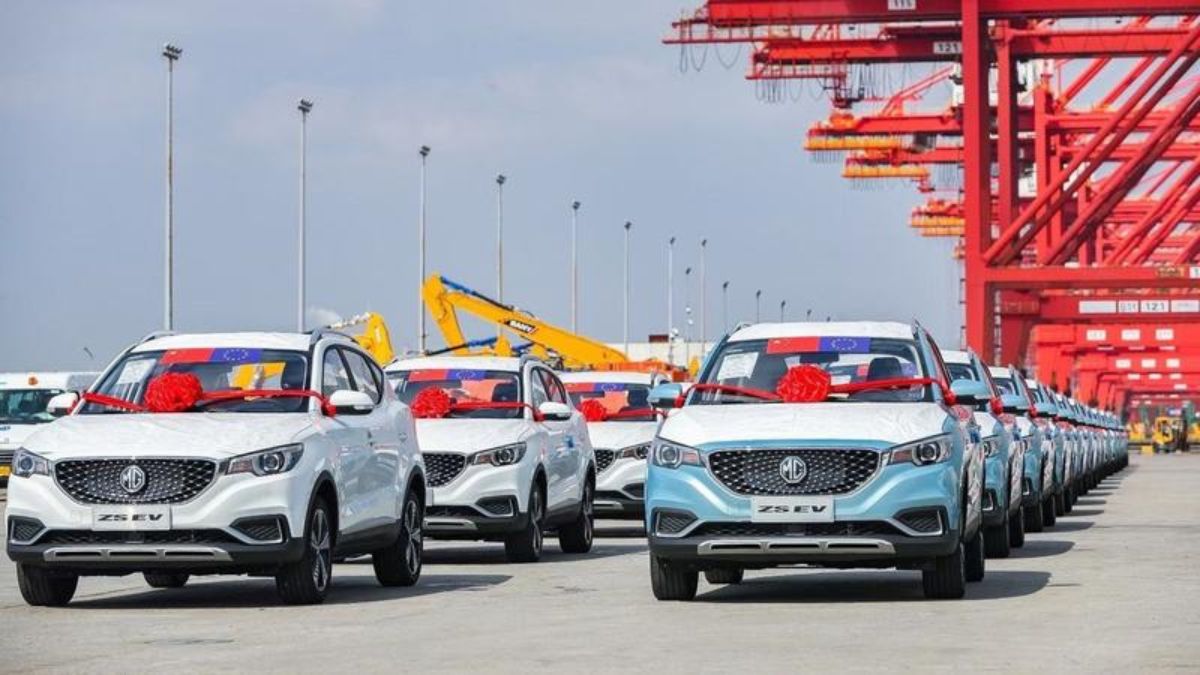A recent policy analysis shows that Chinese electric vehicles (EVs) will account for more than a third of European EV sales this year; This is an increase from last year. According to research by the European Federation for Transport and Environment (T&E), China’s electric vehicle sales in Europe are expected to exceed 25% by 2024.
An estimated 19.5% of battery-powered vehicles sold in the European Union (EU) in 2023 will come from China, and the majority of electric vehicles will be sold in these countries such as France and Spain. It is imported from China. The growth of Chinese brands like BYD is due to their global expansion.
Although Western companies, including Tesla, currently dominate the EU electric car market, Chinese companies are expected to account for 11% of the region’s market share in 2024, with this figure expected to reach 20% in 2027. Increasing competition that Western automakers face from their Chinese counterparts.
The European Commission’s investigation into subsidies given to Chinese electric car companies has raised concerns about unfair competition in subsidies given to electric companies in China. The investigation focuses on subsidies on the production side and will also cover non-Chinese brands such as Tesla and BMW that produce and sell electric vehicles in China.
The success of electric cars in China has spurred innovation and greater battery capacity, explains Tu Le, founder of Sino Auto Insights, for the country’s introduction in the early 2010s. This again makes electric cars cheaper. Le says the Western market is in decline due to the lack of EV competition offered by traditional automakers until recent years.
T&E has proposed raising tariffs on Chinese electric car imports to gaming level, increasing tariffs to at least 25% for certain vehicles. However, ensuring self-sufficiency in battery production is considered important for the independence of the European electric vehicle sector.
In response to China’s unclear policy towards electric vehicle production, companies such as Tesla and BYD have increased their production in Europe. While Tesla plans to expand its assembly plant in Germany, BYD plans to establish a factory in Hungary.
T&E underlines the need to strengthen the electric vehicle fleet in Europe while accelerating the transition to electric vehicles to maximize economic benefits and the environment. The report highlights the importance of policy measures that support electric vehicle production and innovation when responding to the global market.


